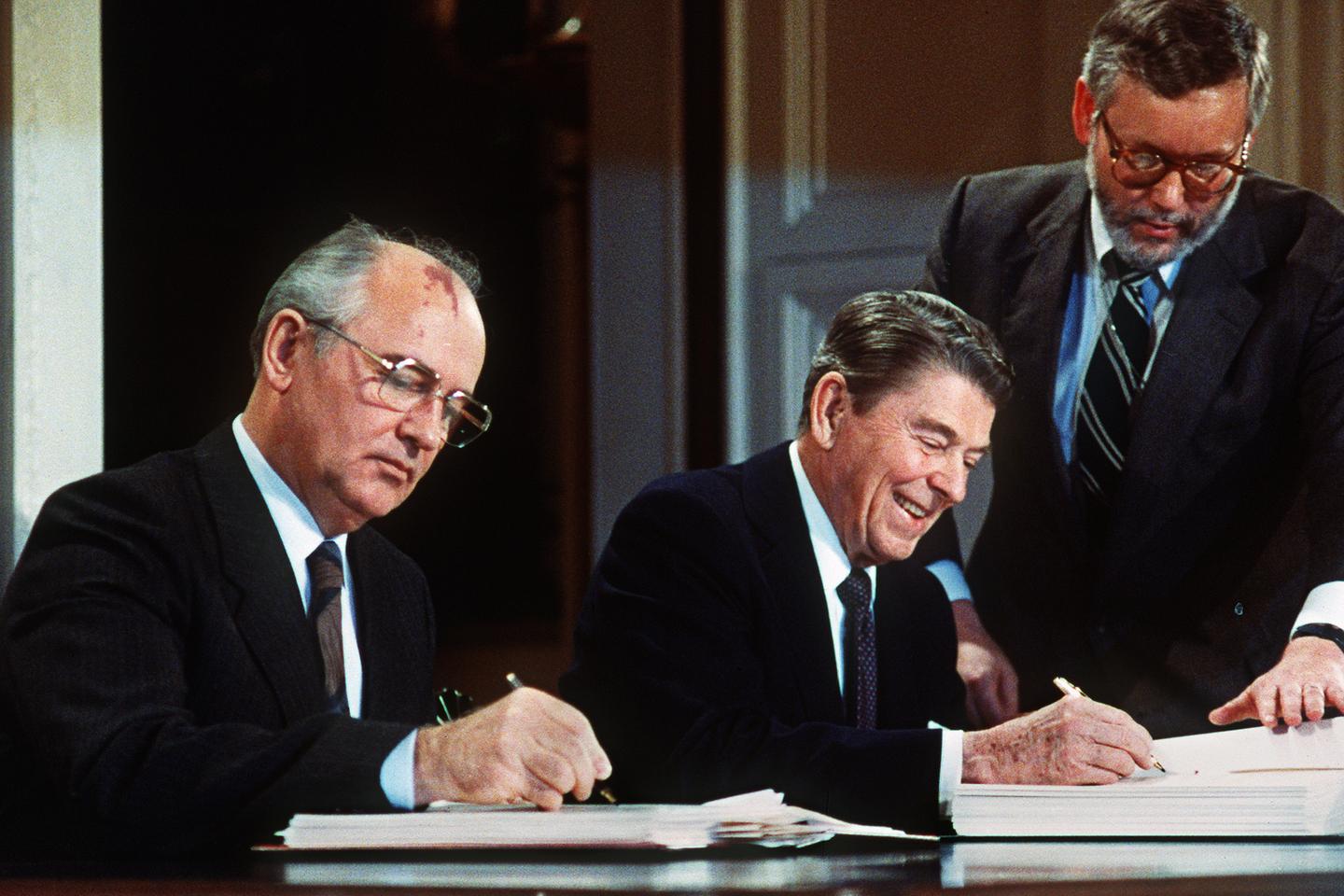


By launching his tanks into Ukraine on February 24, 2022, Vladimir Putin brutally brought war back to the heart of the European continent – a fact that is difficult to contest. He is also said to have shattered the international order born from World War II – a claim, however, that is more debatable.
World War II indeed gave birth to a new international order, expected to endure. Firstly, regarding power dynamics, it marked the emergence of two superpowers, the United States and the Soviet Union, and consequently the decline of European states, primarily France, Germany, and the United Kingdom. Secondly, it maintained the frameworks established by the treaties following the Allied victory of 1918.
While the Great War caused a big bang marked by the emergence of new states on the Old Continent, the borders inherited from the interwar period were largely respected, with a few adjustments – the Oder-Neisse line [German-Polish border], for example. More significantly, the defeated countries in 1945 accepted their defeat without protest, whereas Berlin had continuously fueled deleterious revisionism during the interwar period, leading to a new conflagration in 1939.
Finally, World War II led to the creation of the United Nations (UN), intended to guarantee peace on the planet. In Franklin D. Roosevelt's vision, the UN was meant to maintain concord, a mission that the League of Nations had been incapable of fulfilling.
A relative peace
We know what happened. By 1947, the Cold War structured international relations and led to the creation of two rival blocs, with NATO in 1949 and the Warsaw Pact in 1955, ensuring military cohesion, while the Organisation for Economic Co-operation and Development (OECD) and the Council for Mutual Economic Assistance (COMECON) oversaw their economic solidarity.
Thus, it was the Cold War, not the order born in 1945, that provided Europe with a relative stability, although this stability had its limits. On one hand, the peace it enjoyed did not prevent conflicts from erupting in other parts of the world, as evidenced by the examples of Korea, Indochina, Vietnam, or Angola.
You have 66.24% of this article left to read. The rest is for subscribers only.
